5 Things You Didn’t Know About Electronics Recycling
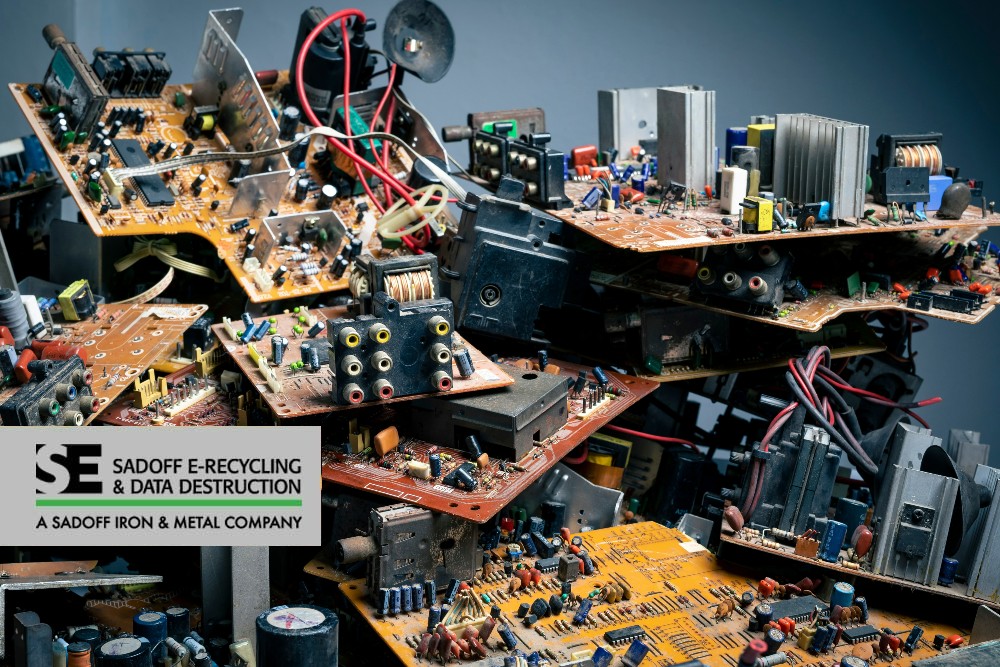 7
7 Jun
Electronics have become an indispensable part of our daily lives, from smartphones and laptops to appliances and medical equipment. But what happens to these devices when they reach the end of their lifespan? The answer lies in electronics recycling—a process that is more complex, impactful, and surprising than most people realize. Here are five things you might not know about electronics recycling, shedding light on the hidden value, environmental benefits, and critical role this industry plays in our modern world.
The Hidden Value in Your E-Waste: Unlocking the Treasure Trove
Many of us are unaware of the potential lurking within our old devices. Electronics recycling isn’t simply about discarding outdated technology; it’s a process that unlocks hidden value and contributes to a more sustainable future. Let’s explore why your e-waste is far more valuable than you might think.
1. It’s Not Just About Trash: Your E-Waste is a Treasure Trove
While it’s easy to dismiss old electronics as junk, they actually contain a surprising array of valuable materials. Gold, silver, copper, platinum, palladium, and rare earth elements are just a few of the precious metals hidden within circuit boards and components. These materials can be recovered through specialized recycling processes and reused in new products, reducing the need to mine for virgin resources.
E-Waste Recycling: A Win-Win for the Environment and Economy
The recovery of valuable metals not only conserves natural resources but also generates economic opportunities. Electronics recycling creates jobs, supports businesses, and contributes to a thriving circular economy where resources are reused and waste is minimized. By recycling your old electronics, you’re not just decluttering your space. You’re contributing to a more sustainable future.
2. It’s More Than Just Taking Apart Gadgets: Certified Data Destruction is Key
Electronics recycling isn’t simply about dismantling devices and separating materials. One of the most crucial aspects is ensuring the secure destruction of data stored on hard drives and other storage media. Laptops, smartphones, and servers often contain sensitive personal and business information that could be exploited if it falls into the wrong hands.
Protecting Your Data: A Critical Step in the Recycling Process
Reputable electronics recyclers like Sadoff E-Recycling and Data Destruction use certified data destruction methods that comply with stringent industry standards. These methods can include physical destruction of hard drives, data wiping software that meets Department of Defense (DoD) standards, and degaussing (using a strong magnetic field to erase data). By prioritizing data security, responsible recyclers protect both individuals and businesses from the risks of identity theft and data breaches.
Read More: How to Combat the Rising Price of Copper
3. It’s a Global Issue with Local Solutions: Your Actions Make a Difference
Electronic waste (e-waste) is a global challenge, with millions of tons of discarded electronics generated worldwide each year. However, the solutions start at the local level. By choosing to recycle your electronics responsibly, you contribute to reducing the environmental impact of e-waste. Your decision to recycle prevents harmful materials from ending up in landfills or being exported to countries with inadequate recycling infrastructure.
Supporting Responsible Recycling: Your Choice Matters
When you partner with a certified and responsible recycler like Sadoff, you can be confident that your e-waste will be handled in an environmentally sound manner. We adhere to strict guidelines and prioritize data security, ensuring that your devices are recycled safely and responsibly.
4. It’s Not Just About Computers and Phones: E-Waste Encompasses a Wide Range
While computers and smartphones are often the first things that come to mind when we think of e-waste, the category is much broader than that. It encompasses a wide range of electronic devices, including televisions, printers, appliances, medical equipment, and even children’s toys with electronic components.
Expanding the Scope of Recycling: Beyond the Obvious
Many people are surprised to learn that they can recycle items like old radios, VCRs, and even holiday lights. By expanding our understanding of what constitutes e-waste, we can further reduce our environmental footprint and conserve valuable resources. Sadoff accepts a wide range of electronic items for recycling, so it’s worth checking with us before throwing away any electronic device.
5. It’s an Ongoing Process: The Future of Electronics Recycling
Electronics recycling is a dynamic field, constantly evolving with advancements in technology and changing regulations. As new devices emerge and materials become more complex, recycling processes need to adapt to ensure the safe and efficient recovery of valuable resources.
Innovations in Recycling: A Sustainable Future
The future of electronics recycling is bright, with ongoing research and innovation aimed at improving recycling rates and developing new technologies for recovering materials from complex electronic devices. By supporting responsible recyclers and staying informed about the latest advancements in the field, you can contribute to a more sustainable future for our planet.
Partner with Sadoff
Electronics recycling is a multifaceted process with far-reaching impacts on the environment, the economy, and data security. By understanding the hidden value in e-waste, prioritizing data destruction, supporting responsible recycling, and expanding our definition of what can be recycled, we can all play a part in creating a more sustainable and prosperous future.
As a leader in the e-recycling industry, Sadoff E-Recycling and Data Destruction is committed to responsible and secure electronics recycling practices. We offer a comprehensive range of services, including data destruction, IT asset disposition, and e-waste recycling, to meet the needs of businesses and individuals alike. Contact us today to learn more about how you can responsibly dispose of your electronic waste and contribute to a more sustainable future.
Categorized in: E-Recycle
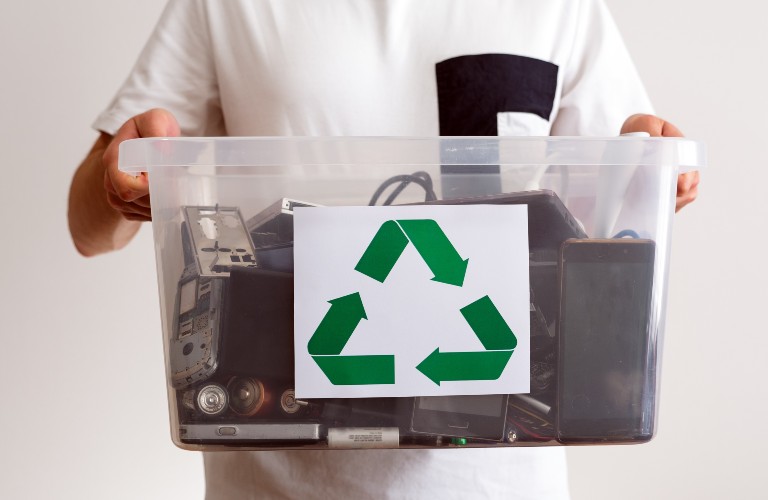



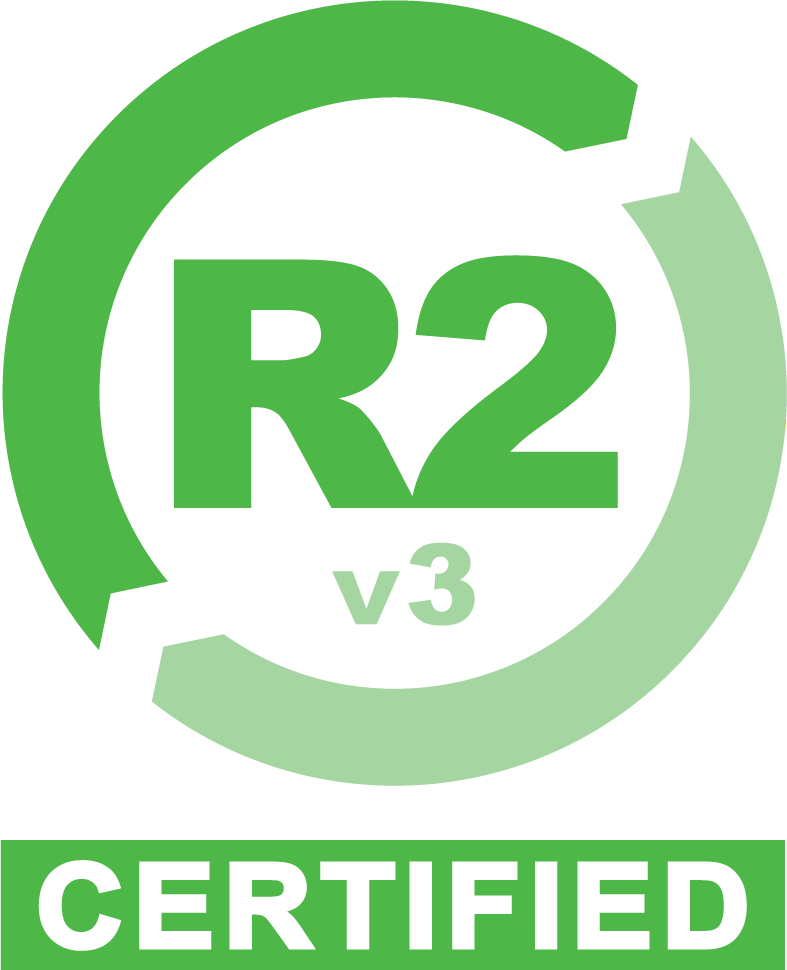
 Google map directions
Google map directions
 Google map directions
Google map directions
 Google map directions
Google map directions
 Google map directions
Google map directions
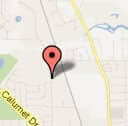 Google map directions
Google map directions
 Google map directions
Google map directions
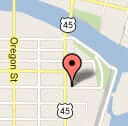 Google map directions
Google map directions